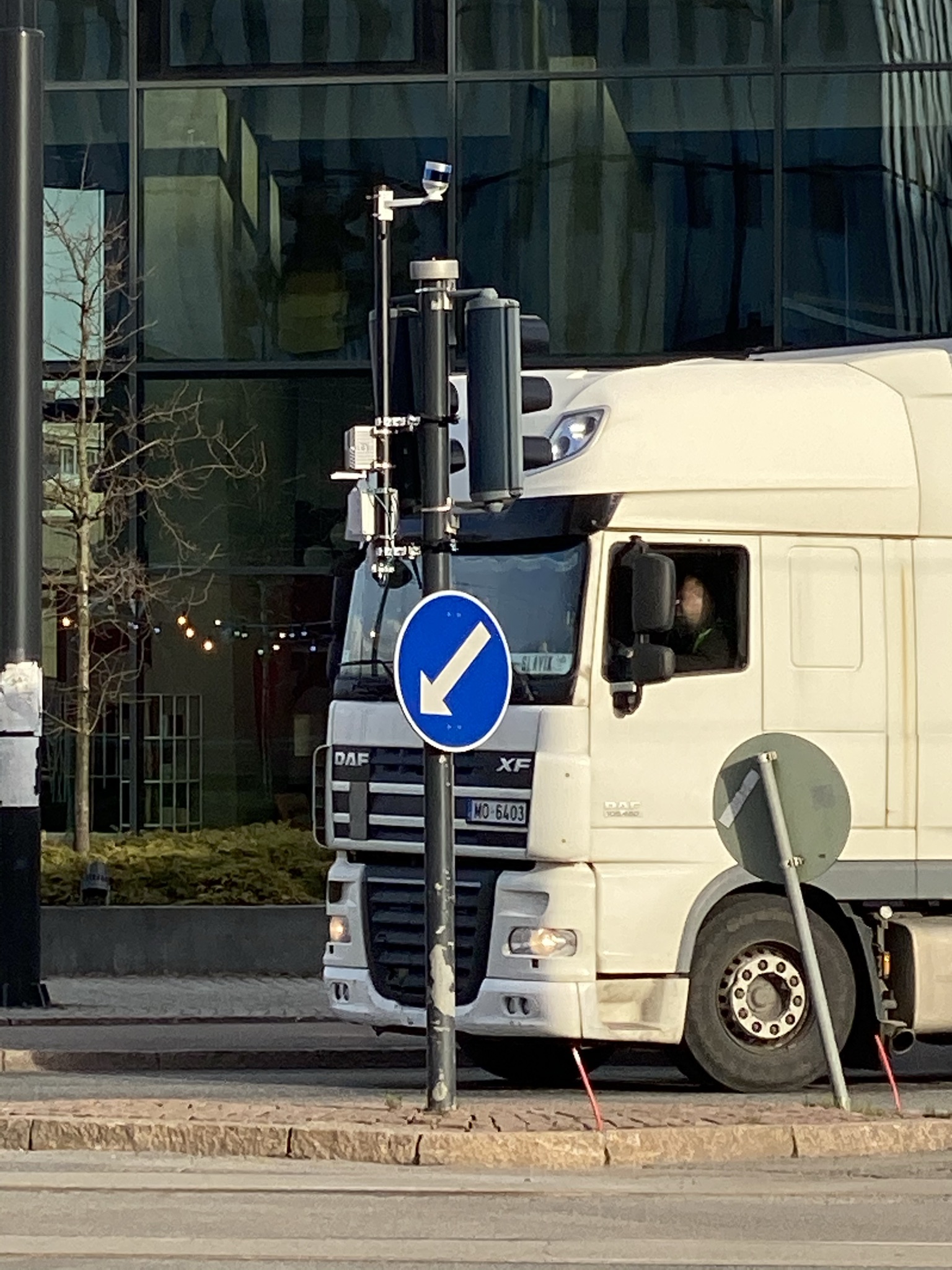
How to Choose an Intersection for Your Lidar and AI Project
When transport planners, city engineers and smart cities discover lidar and AI-powered traffic solutions like Bluecity's solution, they are eager to start benefitting from the many advantages it offers as soon as possible. The first step is to implement the solution at an intersection or several intersections and see how it performs. The most common concern is how to choose intersections for a project. There are several criteria to consider when choosing an intersection. Sometimes the choice is obvious, but more often than not, there are many locations that could work so choosing the right one becomes important. The intersections chosen should have the following
Electrical power
This is the simplest requirement: you need an electrical current to provide power to the sensors. Often, a traffic pole or light pole has power that the lidar sensor can hook up to. Because the installation of a lidar sensor is simple, it can be done by an integrator or outsourced.
Connectivity
Once you are assured that there is electrical power, you will need to make sure there is connectivity as well. There are two types of connectivity that are required and the first is to the internet. If there is ethernet, it is easy to jump onto the fibre network so that the data can be transmitted. If there is no connectivity, a sim card can be purchased. The second type of connectivity is with the traffic light controller. It is always helpful to take note of the make, model and communication protocols for the controller at a proposed intersection as this will help make installation quicker.
Space for the lidar beams
When the lidar sensor emits its beams, they fan out. It is important that the sensor is placed far enough from the intersection to enable the beams to detect and capture the activity. Ideally, this space captured has a radius of about 70 to 80 meters.
Adequate height
Similarly, the height at which the lidar sensors are installed is important in order for the beams to fan out properly. Sensors should be installed four to six meters off the ground and if the pole is not tall enough, an extension can be used
Enough traffic
The ideal intersection should have four approaches with one to two lanes per approach. You should look for crosswalks at each approach and a bicycle lane would also be optimal. This allows you to fully test the different directions at which all the traffic will be moving and the accuracy of the traffic count
Variety of traffic
Lidar sensors are able to detect multimodal traffic. To get the most from your first project, you should ensure that the proposed intersection will supply multimodal traffic. This means that cars, buses, trucks, bicycles and pedestrians should all be present at the intersection regularly, allowing the lidar sensors to detect all types of road users.
The choice of intersection may seem difficult, but the Bluecity team will always provide guidance and advice. Once an intersection is chosen, they will scrutinize the proposed intersection to ensure that the necessary criteria are met. They will help coordinate the installation requirements so that the liar sensors are able to provide the highly accurate and detailed data each project requires. Simple adjustments like tilting the sensor in a particular direction can make a world of difference in ensuring accurate data detection. The team can also suggest the optimal number of intersections and sensors for the project as each comes with its own set of challenges.
Bluecity’s goal is to make streets safer for pedestrians, cyclists and motorists by offering smart cities, transport planners and consulting firms our intelligent traffic solution. Bluecity iQ is a traffic data platform that combines LiDAR technology and AI to provide real-time traffic data and analytics. We envision a world where traffic accidents are rare, driving to work is a pleasure and carbon emissions are reduced. To learn more about our solutions visit www.bluecity.ai





